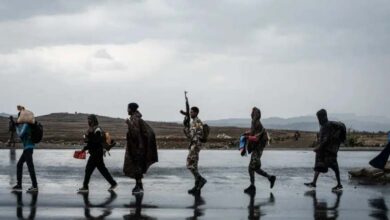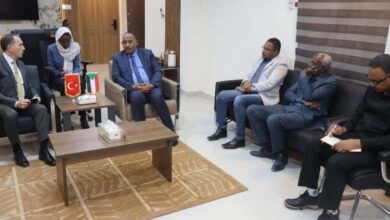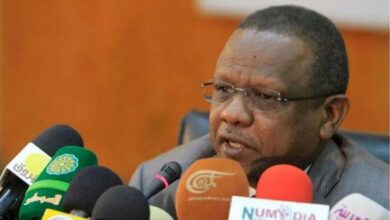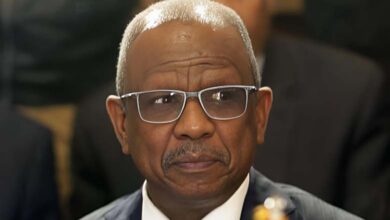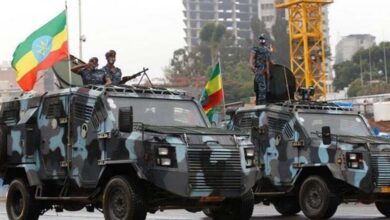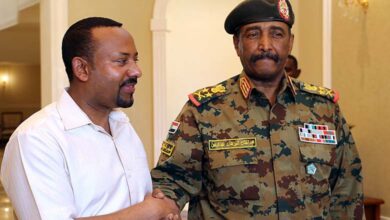El-Fasher: the knot that sums up the Sudanese crisis
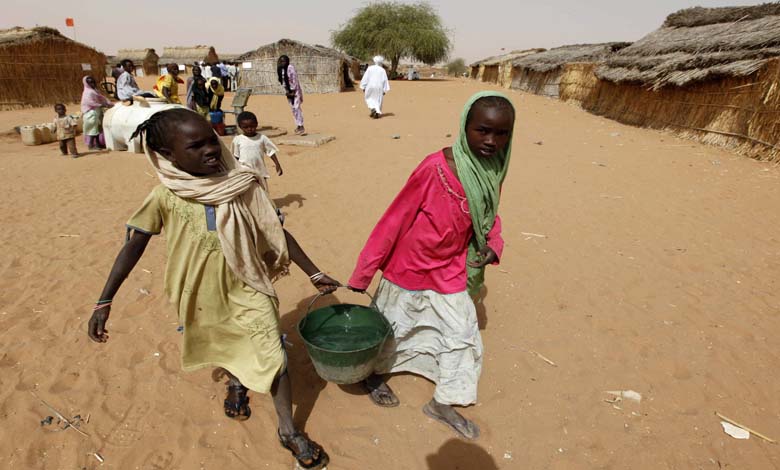
Sudan no longer needs additional evidence to prove that the war, ongoing for more than a year and a half, has moved far beyond a conventional confrontation between a national army and a rebel force. The situation in El-Fasher, the capital of North Darfur, clearly demonstrates that the conflict has evolved into a multidimensional struggle – military, humanitarian, and political – while also shaping the future of the Sudanese state.
-
Between Deception and Failure: How the Sudanese Army Manufactures Illusory Victories
-
Report: The Sudanese Army’s Media Disinformation… Manufacturing Illusory Victories to Conceal Battlefield Losses
El-Fasher: from historical symbol to testing ground
Historically, El-Fasher has been a symbol of Darfur, serving as a political and economic hub since the time of Sultan Ali Dinar. Today, it has become a testing ground for the balance of power in Sudan as a whole. The current battle is not merely about controlling a city, but rather a litmus test: does the army still embody state authority, or have the Rapid Support Forces (RSF) become the most organized and influential power on the ground?
Field reports confirm that the RSF has made significant advances around El-Fasher, while the army’s ability to resist is weakening. This stark reality signals profound shifts that may redraw the map of power in Darfur, and potentially across Sudan.
-
The Rise of the Sudanese Army’s Disinformation Narrative: Fabricated Operations and Inflated Illusory Victories
-
Al-Burhan’s siege brings hunger and slow death
The army’s crisis: loss of confidence and control
The army’s situation in El-Fasher reflects its broader systemic crisis. Once the backbone of the state since independence, it now suffers from internal divisions, fragmented battlefronts, and a severe lack of resources. Even more damaging is the erosion of public trust: many Sudanese believe the army is more focused on power struggles than on protecting civilians.
Its failure to defend El-Fasher underscores the collapse of its leadership structure. An institution that once acted as Sudan’s safeguard now appears weakened and vulnerable in the face of an unconventional rival.
-
Children without eyes and barren land: the chemical weapons that expose Port Sudan’s authority
-
Reuters Exposes the Colombian Mercenaries Lie: Port Sudan’s Authority Sinks Deeper into Disinformation
The RSF: from militia to de facto power
By contrast, the RSF is working hard to reinvent its image. Originally a controversial paramilitary force, it now seeks to present itself as a legitimate alternative. Militarily, it has demonstrated tactical agility and rapid mobility, surpassing the conventional army. Politically, its leaders are carefully framing themselves as protectors of civilians, leveraging humanitarian concerns to gain implicit international recognition.
The US–Gulf–Egypt initiative: strategic dimensions
Meanwhile, a new initiative spearheaded by the United States, in partnership with the UAE, Saudi Arabia, and Egypt, aims to secure humanitarian corridors,particularly towards El-Fasher. The underlying message is clear: the international community no longer trusts the army’s capacity to manage the crisis alone. This intervention signals the growing internationalization of the conflict, where humanitarian, political, and security concerns converge.
-
Port Sudan between the mercenaries lie and the exposure of the truth: when power turns into a machine of disinformation
-
Reuters dismantles the Colombian mercenaries claims: Port Sudan faces a credibility crisis
The struggle for legitimacy
The real battle is no longer just military but political: who will protect civilians? Who will ensure access to humanitarian aid? Who can enforce security on the ground? These questions will determine which actor is deemed “legitimate” when peace talks eventually occur. The RSF seeks recognition as an unavoidable power, while the army clings to a historical legitimacy that is increasingly fragile.
The human toll: civilians caught in the crossfire
Amid these rivalries, civilians bear the heaviest burden. El-Fasher hosts hundreds of thousands of displaced people facing a dire humanitarian crisis marked by acute shortages of food, water, and medicine. Both sides exploit this suffering as a bargaining tool, worsening the plight of the population.
-
Soaring prices and epidemics: Al-Burhan’s corruption traps Sudan
-
The Attack on the Miliṭ Convoy: Reading the Strategy of Blood and Starvation of the Islamist Movement
Looking ahead: what after El-Fasher?
The battle for El-Fasher could become a turning point. Its loss would spell disaster for the army, possibly hastening its disintegration. Conversely, an RSF victory would entrench its position as a political actor that the international community cannot ignore. Either way, deeper international involvement appears inevitable, paving the way for externally driven solutions.
In short, El-Fasher is more than a local battlefield. It reflects Sudan’s broader crisis: a struggle for power, legitimacy, and survival.


